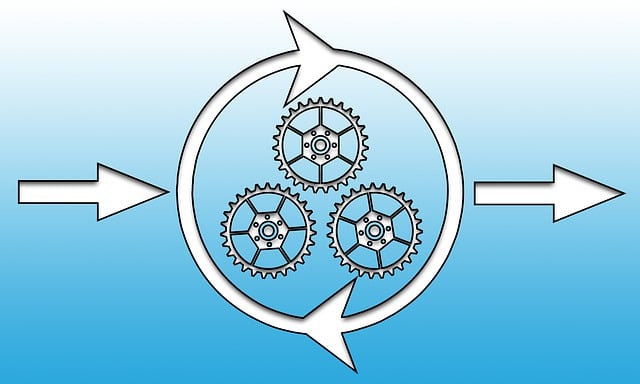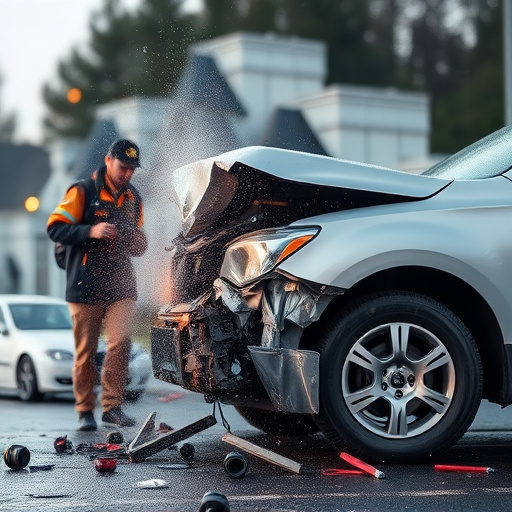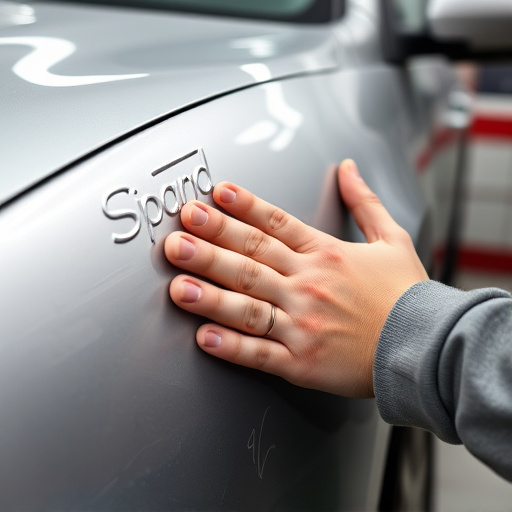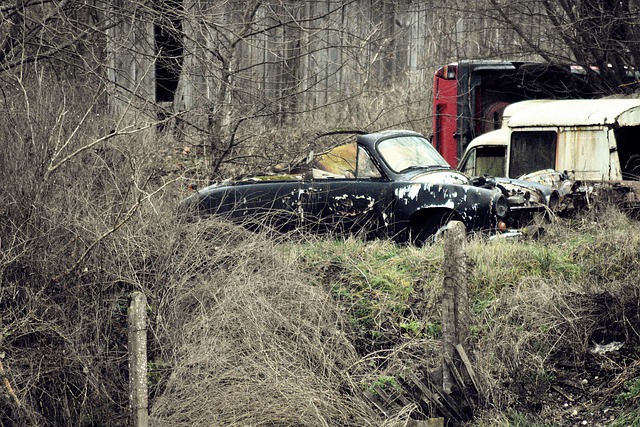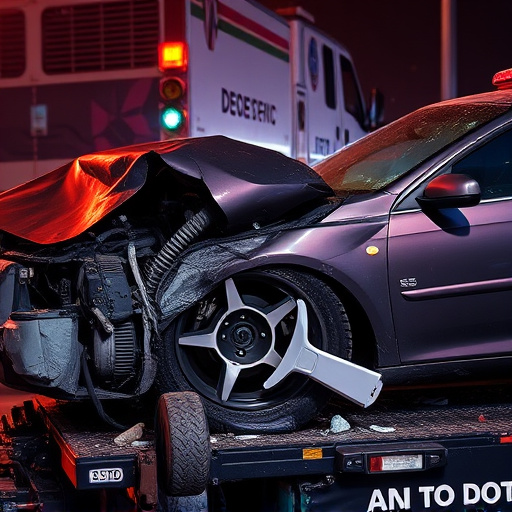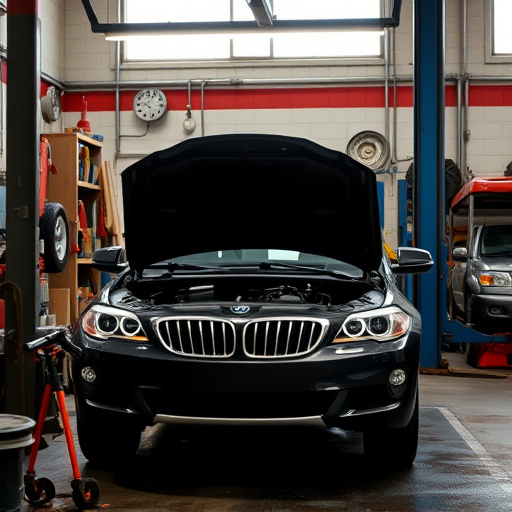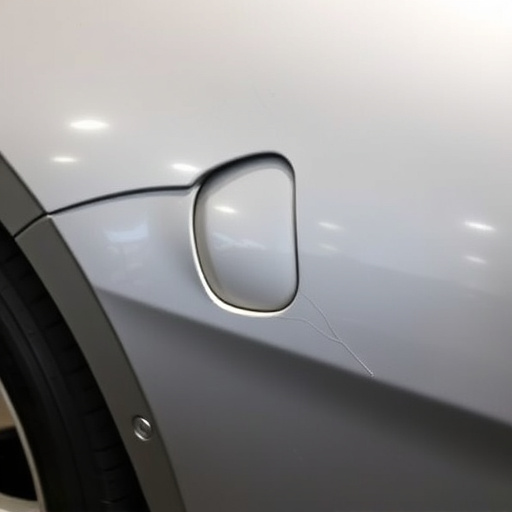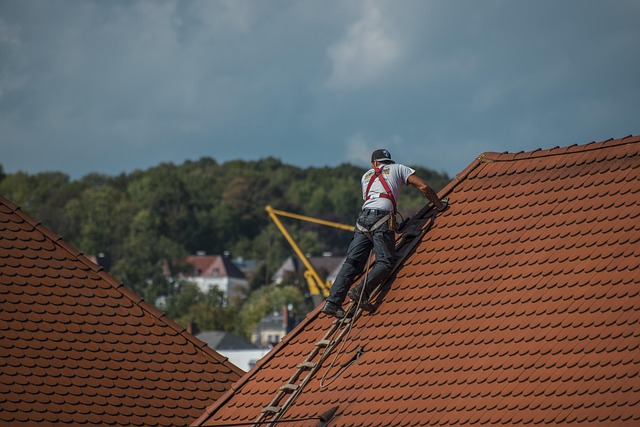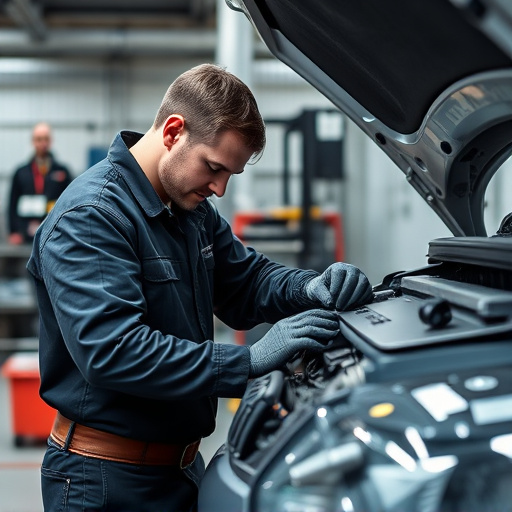Structural repair precision is a critical skill for auto technicians, ensuring safe and effective repairs that maintain vehicle value. It involves advanced tools, sharp detail work, and certification to handle complex bodywork, including hail damage. Certified professionals use diagnostic skills and CAD systems to restore pre-incident conditions, preventing further structural compromise from misalignments or compromised materials. This meticulous precision is equally vital for auto glass and building repairs, ensuring strength and stability after damage.
Structural repair precision is a critical aspect of ensuring building safety and longevity. In this article, we explore how the meticulousness of structural repairs influences technician certification. From understanding the stringent requirements for precise work to assessing technicians’ skills and knowledge, each step is vital for restoring structural integrity. Discover why structural repair precision matters and its profound impact on the industry’s certification processes.
- Understanding Structural Repair Precision Requirements
- Technician Certification: Skills and Knowledge Assessment
- The Impact of Precision on Restoring Structural Integrity
Understanding Structural Repair Precision Requirements
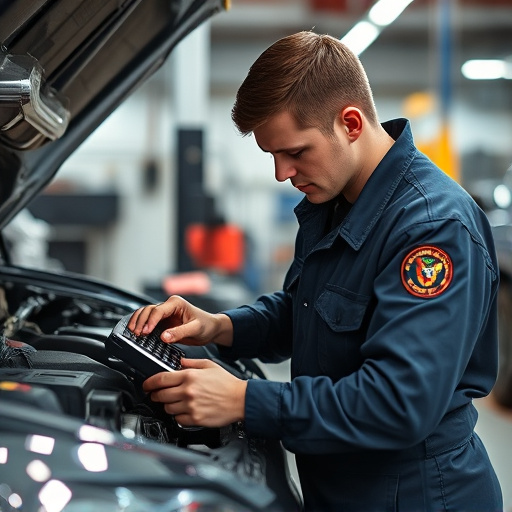
Structural repair precision is a critical aspect that technicians in auto collision centers and tire services need to grasp fully. It refers to the exactness and meticulousness required when handling structural repairs, ensuring that every adjustment and replacement component aligns perfectly with the vehicle’s original design. This precision isn’t just about achieving visual symmetry; it involves intricate measurements and calculations to maintain the structural integrity of the vehicle. A slight misalignment could lead to long-term safety issues and compromised performance.
Technicians working in collision centers or offering tire services must be well-versed in the latest tools and techniques for precise structural repair. This includes mastering advanced diagnostic equipment, understanding complex computer-aided design (CAD) systems, and developing a keen eye for detail. Such skills are crucial for delivering high-quality repairs, preserving vehicle value, and ensuring customer satisfaction. Whether it’s realigning frames after an accident or replacing damaged parts with exact duplicates, precision is the cornerstone of reliable structural repair services in any auto collision center.
Technician Certification: Skills and Knowledge Assessment
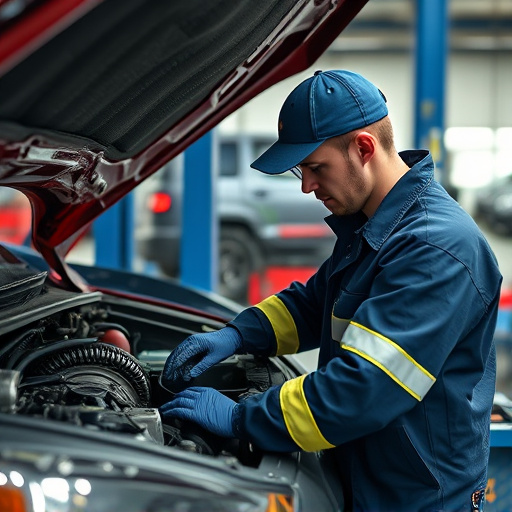
Technician certification is a critical aspect of ensuring that professionals in the automotive industry possess the necessary skills and knowledge to deliver high-quality repairs. In the realm of structural repair precision, this certification process becomes even more vital. It assesses a technician’s proficiency in handling intricate car bodywork, especially when addressing complex issues like hail damage repair. The ability to accurately measure, assess, and rectify misalignments in vehicle structures is not just a matter of technical competence; it reflects the level of expertise required to restore cars to their pre-incident condition.
Precision in structural repairs demands an in-depth understanding of car bodywork principles. Certified technicians are equipped with the knowledge to interpret damage patterns, employ advanced diagnostic tools, and select appropriate repair methods. This involves a keen eye for detail, as even minor misalignments can impact a vehicle’s overall performance and safety. By setting benchmarks for skill evaluation, certification programs ensure that professionals in the field maintain high standards, thereby fostering consumer trust and satisfaction in the overall repair process, whether it pertains to car bodywork or hail damage repair.
The Impact of Precision on Restoring Structural Integrity
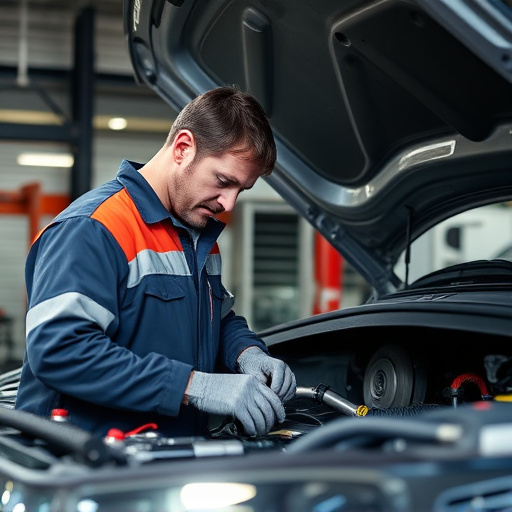
Restoring structural integrity requires meticulous precision, especially when dealing with complex repairs. Every detail matters in ensuring a structure’s strength and stability after damage, be it from natural disasters like storms and earthquakes or man-made incidents such as accidents and vandalism. The impact of precision in structural repair cannot be overstated; it is the difference between a solid, secure building and one that remains vulnerable to further deterioration.
Technicians certified in structural repair must possess advanced skills and knowledge to handle various challenges, including correcting misalignments, replacing compromised materials, and fortifying weak points. This involves understanding the intricate interplay of different components and systems within a structure. For instance, precise alignment during hail damage repair or auto glass repair is crucial to maintain the vehicle’s overall structural integrity, preventing further damage from future incidents. Likewise, in the case of auto repair near me, technicians must demonstrate the same level of precision to restore not just the visible parts but also the underlying framework.
Structural repair precision is not just a technical skill; it’s a testament to a technician’s commitment to restoring structural integrity. As we’ve seen, understanding and adhering to precise requirements are crucial for certifying technicians. This ensures that repairs not only meet industry standards but also safeguard the safety and longevity of structures. In today’s world where precision enables effective problem-solving, continuous learning, and enhanced craftsmanship, it’s clear that technical expertise in structural repair is a game-changer.

